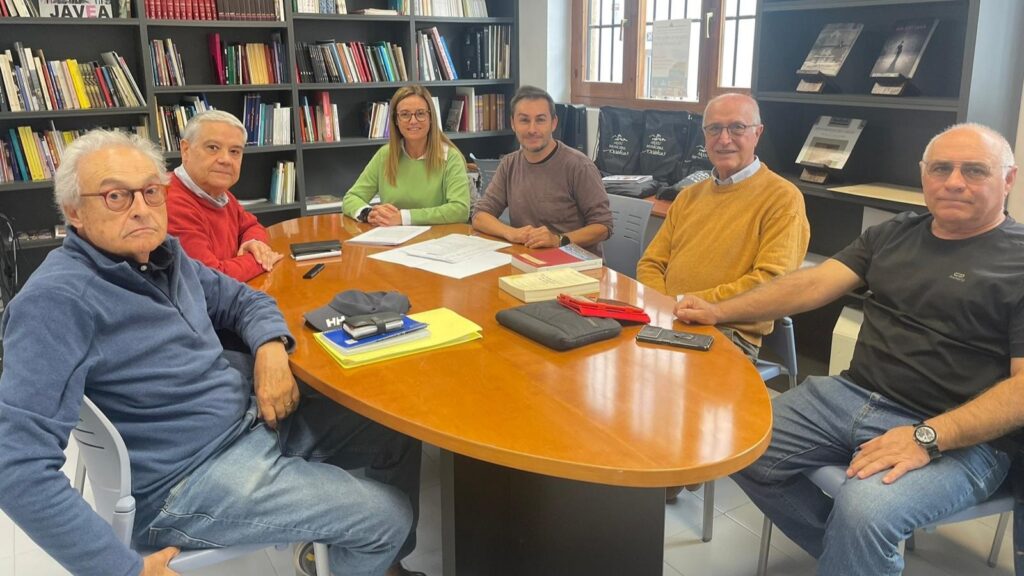A STUDY INTO NAMES IN MEDIEVAL XÀBIA WINS MUNICIPAL RESEARCH PRIZE
‘L’onomàstica de Xàbia en el segle XV’ is the winning work of the 3rd edition of the Vila de Jávea Research Awards

A research project to compile the names of people and places of medieval Xàbia has won the third edition of the Vila de Xàbia Research Awards and will benefit from municipal funding of 4,000 euros after being selected by the jury as the best of three projects presented for consideration.
The Department of Culture in Xàbia, in collaboration with the Municipal Archive, opened the application period for submissions in July and, after four months, the jury met this week to select the winning proposal.
Composed of Joan Ivars Cervera, member of the Institute of Regional Studies, Rafael Andarias Estevan, member of the Jávea Culture Council, Alfred Pastor Mongrel, member of the AMUX, Andreu Ros y Carrals, member of Fundación CIRNE and Juanjo Mas Cruañes, the municipal archivist, it selected the project entitled “L’Onomàstica de Xàbia en el Segle XV” – “The Onomastics of Xàbia in the 15th Century” – presented by historian Josep Andrés Torres.
The councillor responsible for Culture, Mavi Pérez, explained the importance of providing the municipality with research and publications that make its history and its ancestors known.
The winning project will have three objectives:
- A toponymical study to compile places names in Xàbia as listed in medieval documentation, documenting new variants and dating those already known, whilst taking into account the changes in the municipal boundaries over time;
- An anthroponomical study which, in addition to the toponymical study that will research the relationship of names with places, will determine the origin of female names in the municipality;
- A study of the daily activity of Xabiero ancestors in the 15th century in relation to the research of the names as outlined above.
The jury noted Josep Andrés Torres’ university degrees, as well as his extensive work experience and the number of publications made. The final work must be submitted before December 1, 2024 for publication.







